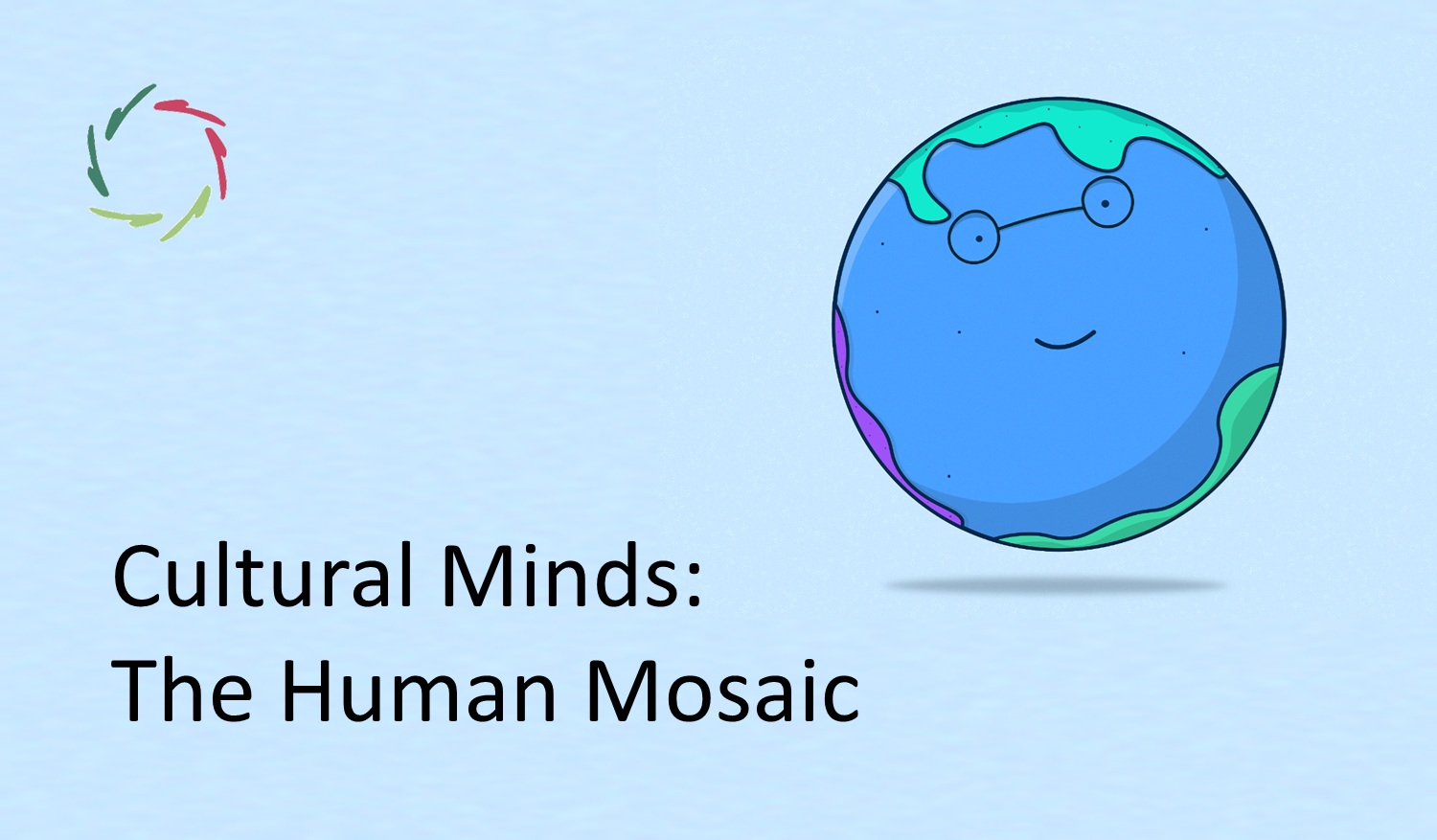The Japanese Mind

Japan’s cultural philosophy, steeped in harmony, resilience, and a reverence for tradition, offers profound insights into living a balanced and purposeful life. Exploring The Japanese Mind reveals how individuals navigate societal expectations while fostering inner growth, embodying values that resonate deeply with AURELIS principles.
The Japanese Mind aligns naturally with AURELIS values: depth in personal and societal harmony, openness to collective well-being, and respect for the subtleties of human connection. Through concepts like wa (harmony) and ikigai (purpose), Japan exemplifies the integration of inner strength and outward contribution.
Cultural Overview
Philosophy and Worldview
Japanese culture emphasizes harmony (wa), respect for relationships, and the importance of aligning individual actions with the greater good. Rooted in Confucian, Shinto, and Buddhist traditions, this worldview encourages a balance between personal fulfillment and societal expectations.
Key Characteristics
- Communication Style: Politeness, subtlety, and non-verbal cues are central. Communication often prioritizes maintaining harmony over directness.
- Traditions and Societal Values: Rituals and practices, such as tea ceremonies and omotenashi (hospitality), reflect deep respect for others and the value of mindfulness.
- Cultural Symbolism: Cherry blossoms symbolize the transient beauty of life, while haiku poetry distills profound meaning into simple forms.
Visual and Literary Culture
The simplicity and elegance of Japanese art forms, from Zen gardens to ukiyo-e paintings, reflect a focus on minimalism and inner depth. Literary works by authors like Haruki Murakami explore themes of self-discovery and existential connection.
Is the Japanese Mind a Compassionate Mind?
Compassion in Japanese culture manifests as omoiyari—the ability to anticipate and consider the feelings of others. This deeply ingrained value promotes empathy and fosters harmonious relationships, reflecting a commitment to both individual and collective well-being.
Aurelian Coaching in Context
Alignment with AURELIS Principles
- Japanese harmony aligns with AURELIS’s emphasis on interconnectedness, promoting the integration of inner and outer balance.
- The cultural pursuit of ikigai—a sense of purpose—parallels the Aurelian focus on meaningful growth and inner strength.
Challenges and Opportunities
- The emphasis on societal harmony can sometimes lead to suppressed individual needs. AURELIS coaching can encourage self-expression while maintaining respect for collective values.
Applications for Coaching
Practical Coaching Approaches
- Autosuggestion Focus: Sessions that nurture inner calm and clarity, supporting individuals in harmonizing personal purpose with societal expectations.
- Guidance: Use cultural symbols like the cherry blossom to inspire reflection on impermanence and the beauty of life.
Key Questions or Exercises
- Reflective Question: “How do you align your inner purpose with the harmony of your surroundings?”
- Exercise: Visualize a peaceful garden where each element represents a part of your life, creating a harmonious whole.
Cultural Perspectives in Comments
Likely Dynamics
Japanese commenters may approach discussions with politeness and subtlety, often offering thoughtful reflections. They may prioritize listening and observing before contributing.
Lisa’s Moderation Approach
- Foster a respectful environment where subtle perspectives are acknowledged and valued.
- Encourage participants to share personal insights while maintaining the cultural emphasis on harmony.
Most Distinctive Characteristics of the Japanese Mind
Strengths
- A deep commitment to harmony and mindfulness in daily life.
- The ability to find beauty and meaning in simplicity.
Challenges
- The cultural pressure to conform may suppress personal aspirations, requiring a careful balance between self-expression and societal expectations.
Intercultural Insights
What This Culture Teaches Us
Japan’s emphasis on mindfulness and harmony offers a profound lesson in balancing individual and collective needs, fostering resilience through simplicity and connection.
What Japan Can Learn from the Aurelian Mind
The Aurelian principle of openness to inner growth can help Japanese individuals embrace self-expression as a complement to harmony, creating a richer, more balanced sense of purpose.
Conclusion
Encouraging Cross-Cultural Understanding
The Japanese Mind demonstrates the power of harmony, mindfulness, and purpose in creating a balanced life. By integrating AURELIS principles, we can learn to honor both our inner selves and our shared connections, fostering greater unity and understanding.
Reflective Takeaway
“What does harmony mean to you, and how can you cultivate it within yourself and your community?”


